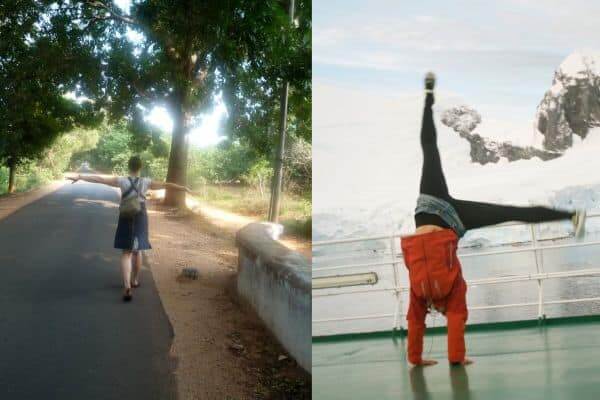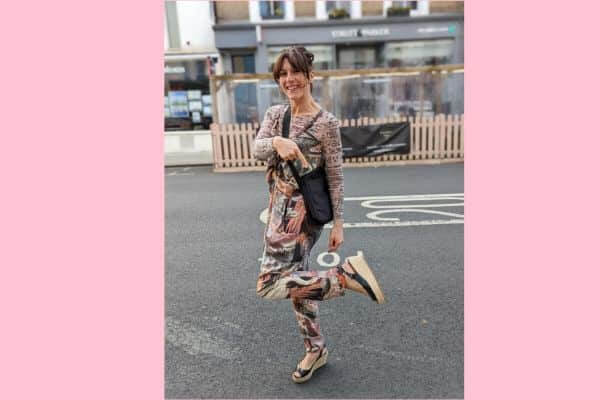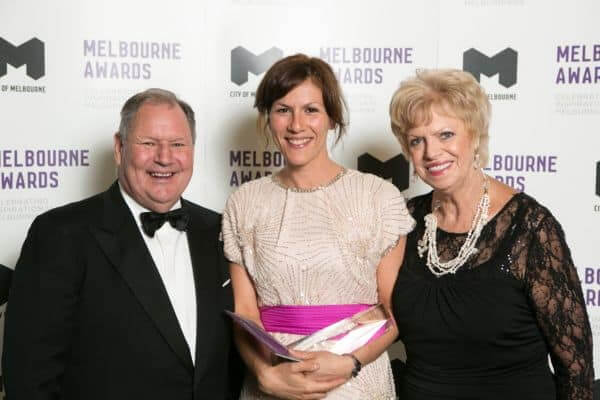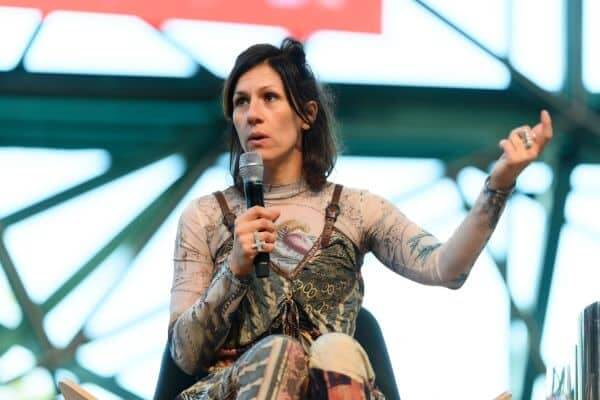As Australia becomes more and more climate-conscious, Tamara Di Mattina, the brains behind Buy Nothing New Month and creator of web series ‘The New Joneses’ has been doing her part to fight for sustainable climate action since visiting India in 2009.
“Throughout my adult life, I’ve been very confused about waste, looking at the shops [wondering] where all this stuff comes from and where it goes.”
She recalls visiting Mumbai’s largest slum Dharavi, and being inspired by people’s resourcefulness. “I saw people recycling the waste we send to India, and I remember watching someone pick up Coke bottles, because that was a valuable resource for them, but over here we would not even dispose of it thoughtfully.”

From 2021 to 2022, Australia exported approximately 4.4 mega-tonnes worth of waste, with India being the key recipient of scrap tyre and metals. This number has only increased over the last few years with the rise in overconsumption.
Since her travels, DiMattina has never bought anything new. All furniture, clothing and homewares are purchased second-hand from sites like eBay, Facebook Marketplace and Threadup, or by shopping at op shops and charity stores. She started Buy Nothing New Month in 2010, an event that runs every October to inspire everyday people to do their part in saving the environment.
“We are slowly breaking down the natural world and removing the lungs of our planet. I wanted to do something about that, wasteful consumption is something that so many of us are part of and this is something that can change,” she says.
Advocating for a circular economy, Tamara DiMattina believes helping the planet will boost our finances, as “there is no economy on a dead planet.” She explains how purchasing second-hand has allowed her to generate savings and spend money in sustainable parts of the economy including travel, healthier food and better education.
Shopping second-hand may seem daunting to some. A recent study found that more than half of polled adults over the age of 40 were unwilling to wear second-hand clothing compared to their younger counterparts aged 18-34. With participants believing it was poorer in quality or unhygienic. Tamara speaks to the importance of de-stigmatising such attitudes. ‘There is so much high quality, unworn stuff available second-hand. Everything I need from high-end, highest quality designer stuff I can source in excellent condition at my favourite op shops.’
The use of pre-loved apparel websites has boomed in recent years, with companies like Depop and Vinted reporting sales of around $643 million, an overall 61% increase. Reflecting the seismic shift in people’s desire to lighten their load on the planet.
Not stopping at Buy Nothing New Month to share her philosophy, in 2021 Tamara DiMattina created the web series ‘The New Joneses’, aiming to educate audiences on the simple things people can do to make an impact, with a star-studded cast of AFL players, actors and fashionistas.

The New Joneses tips for home-based action:
- Shop second-hand, only buy what you need
- Take a look into your banks, superannuation, and energy companies to see if they invest in fossil fuels or renewable energy
- Investigate the insulation of your home to combat higher energy bills
- Make the switch from gas to induction cooking
- Investing in roof-top solar
Tamara DiMattina urges everyone to “Get informed, get active and get angry. This is the beautiful planet we live on, it’s everyone’s role to step up and do whatever they can.”

“Crazy wasteful consumerism is impacting the way we are living. We need to use our stuff better, smarter and in a more fair and equitable manner. As individuals, we can make such a difference.”
READ ALSO: Yesha Patel: On building a circular economy in fashion





